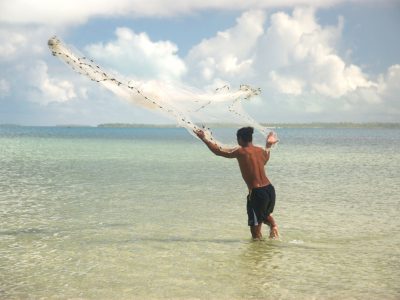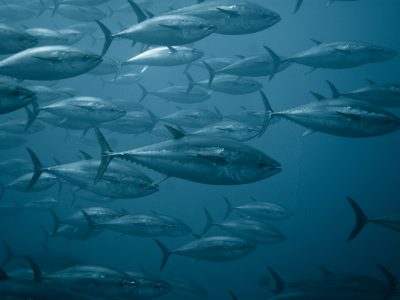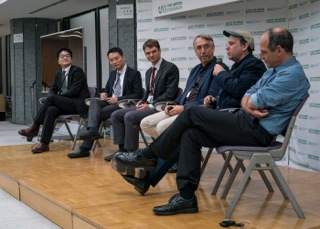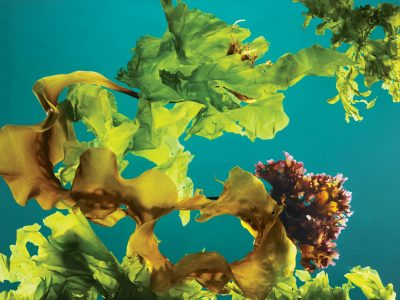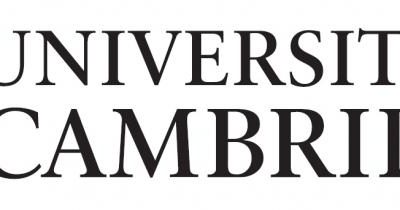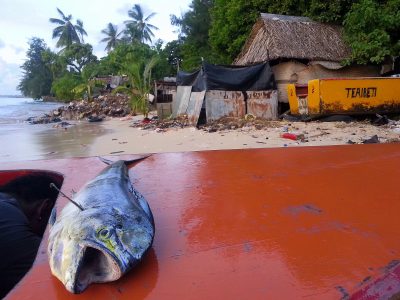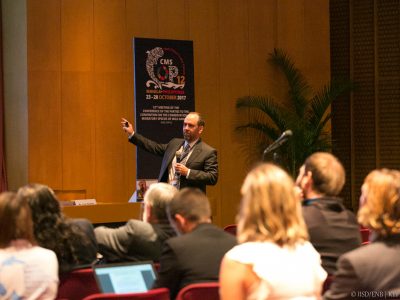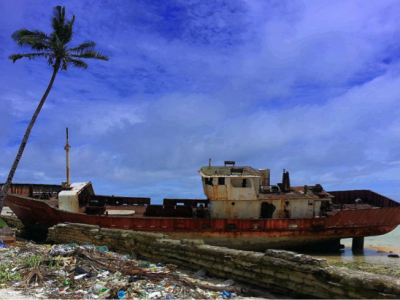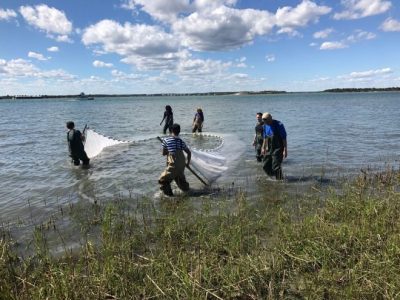Call for Abstracts: Special Issue of Ecosystem Services on “Multiple Values for the Management and Sustainable Use of Coastal and Marine Ecosystem Services”
Ecosystem Services‘ special edition on “Multiple Values for the Management and Sustainable Use of Coastal and Marine Ecosystem Services” will include empirical and theoretical/conceptual research that propose and/or apply methods and tools to elicit diverse values associated with ES in coastal and marine social-ecological systems.



